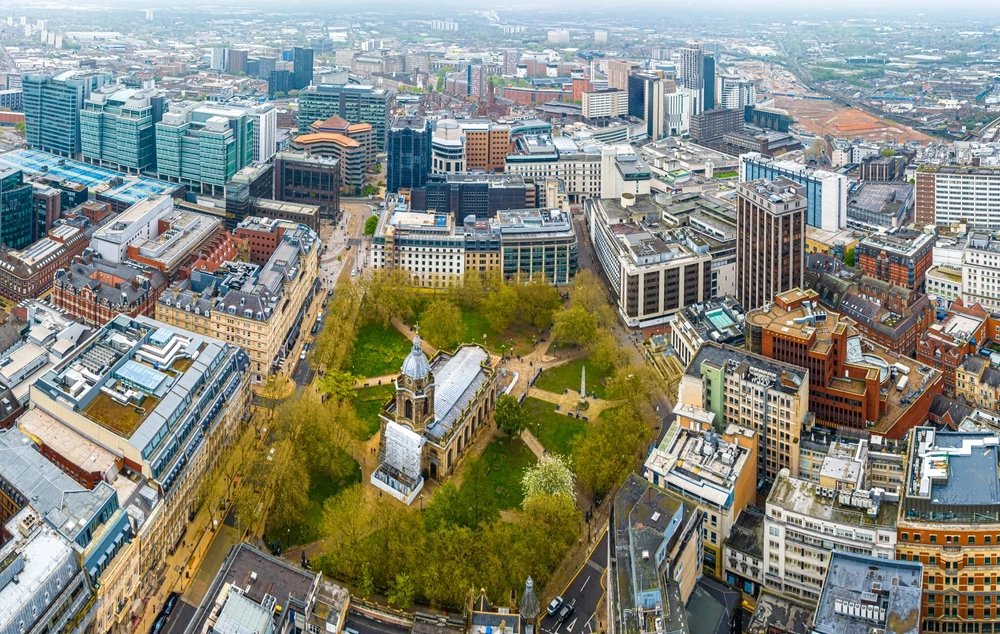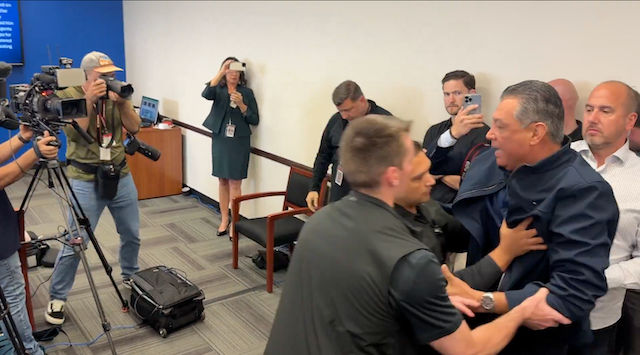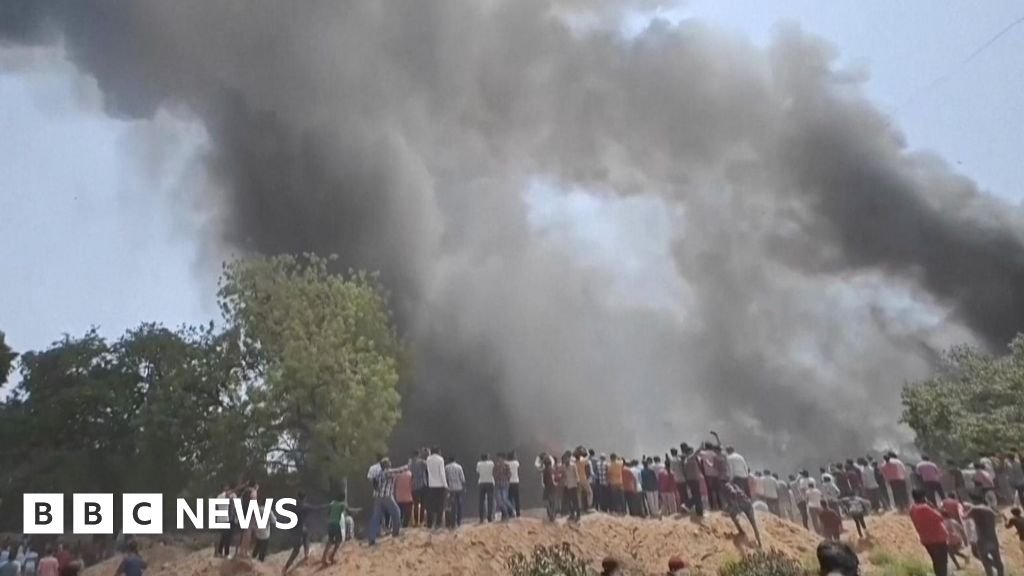London, England, Jun 11, 2025 /
08:00 am
A new Catholic festival in England hopes to bring many different expressions of the Church together under one banner from July 25–28. The breadth of the festival, called WeBelieve, is unique in a country where conferences are often focused on a particular movement or expression of Catholicism.
“There was a sense that we needed an annual festival that we could run on a regular basis, that could create momentum to bring the Church together,” said Monsignor John Armitage, the master of the Guild of Our Lady of Ransom, a group that supports evangelization in England and the driver of the new initiative.
Speakers for the event include Archbishop John Wilson of Southwark and Dr. Gianna Emanuela Molla, daughter of St. Gianna Beretta Molla. They will join overnight campers and visitors in Birmingham in the center of England at the historic site of St. Mary’s College, Oscott.
Liturgies during the festival will be enhanced by different musical styles, from modern worship to the Renaissance polyphony and Gregorian chant of the Southwell Consort, the Latin Mass Society’s mixed-voice choir in London. The Roman rites represented will include the Traditional Latin Mass (TLM), Ukrainian, and Syro-Malabar.
“A festival of Catholic life that would show to the Church and to those who are enquiring, ‘This is the Catholic Church, this is what we do, this is who we are,’” Armitage said. “One very wise person said that the thing about festivals is that they shape cultures. We are looking to help the Church understand itself, not doctrinally, because that is settled, but in terms of the culture we are living in.”
Among young adults there is a strong interest in traditional expressions of the Catholic faith such as the TLM but also more “charismatic” movements such as Youth 2000, which meets at Ampleforth each year and typically has a modern worship music style.
All will have a place at the new festival. Central to WeBelieve, Armitage said, is to celebrate and include all.
“Catholic — that’s what it means,” he said. “We’re not traditional, we’re not conservative, we’re not liberal. They’re political terms. We’re Catholic, which means it’s universal. It’s based on the doctrine of the Church; it’s Catholic.
“We’re having a festival, a celebration of the Catholic faith in all its different expressions, of how we live it out. We wanted it to be Catholic so that everyone could come and be part of it and feel there was something here that could speak to them. They may also find other aspects of the Church they’ve never seen before.”
The festival has already sold 600 tickets but has the capacity for up to 3,000 people, including day visitors, Armitage said.
More than 100 Catholic organizations have signed up to participate already. The hope is that this will be the first of an annual gathering that will move to different regions.
“If possible we want to make this part of the Catholic story of this country,” Armitage said.
The organizers of the festival see deep significance in this being the first year, as it is one of celebration. Not only is it a year of jubilee in the Catholic Church but it’s also the 1,700th anniversary of the Nicene Creed and the 175th anniversary of the restoration of the Catholic hierarchy in England and Wales.
What wasn’t known two years ago when the idea for the festival was first discussed was the extraordinary increase in conversions and interest in Catholicism, especially in young adults, seen in England, France, and elsewhere this year.
The previously dominant Christian tradition, the Church of England, has numerous festivals and ministries aimed at young people but recently published research by the Bible Society that reports that among young adults or Generation Z — which is now second to the elderly as the second most likely age group to attend church — that twice as many attend Catholic churches as Anglican.
This is perhaps the opposite of what might be expected as the Church of England over the past century has moved to approve contraception, stay quiet on the legalization of abortion, lower restrictions on those who are divorced, install female vicars and then bishops, and offer blessings to homosexual couples.
(Story continues below)
Subscribe to our daily newsletter
While these changes may be viewed by some as more palatable to younger people, the resurgence of faith in young adults seems to be toward more traditional expressions of Christianity.
“You shall know the truth and the truth shall set you free,” Armitage said. “If a Christian community doesn’t live the truth in its fullness… many churches that go down that path are struggling. The [Catholic] Church teaches the truth, and that’s why so many people feel that they can find true freedom.”
He continued: “That’s why it’s important that we talk about not the identity — not ‘this group or that group’ or ‘this program or that program’ — it’s about Jesus Christ, full stop. If we stick to that, everything is going to be fine.”





